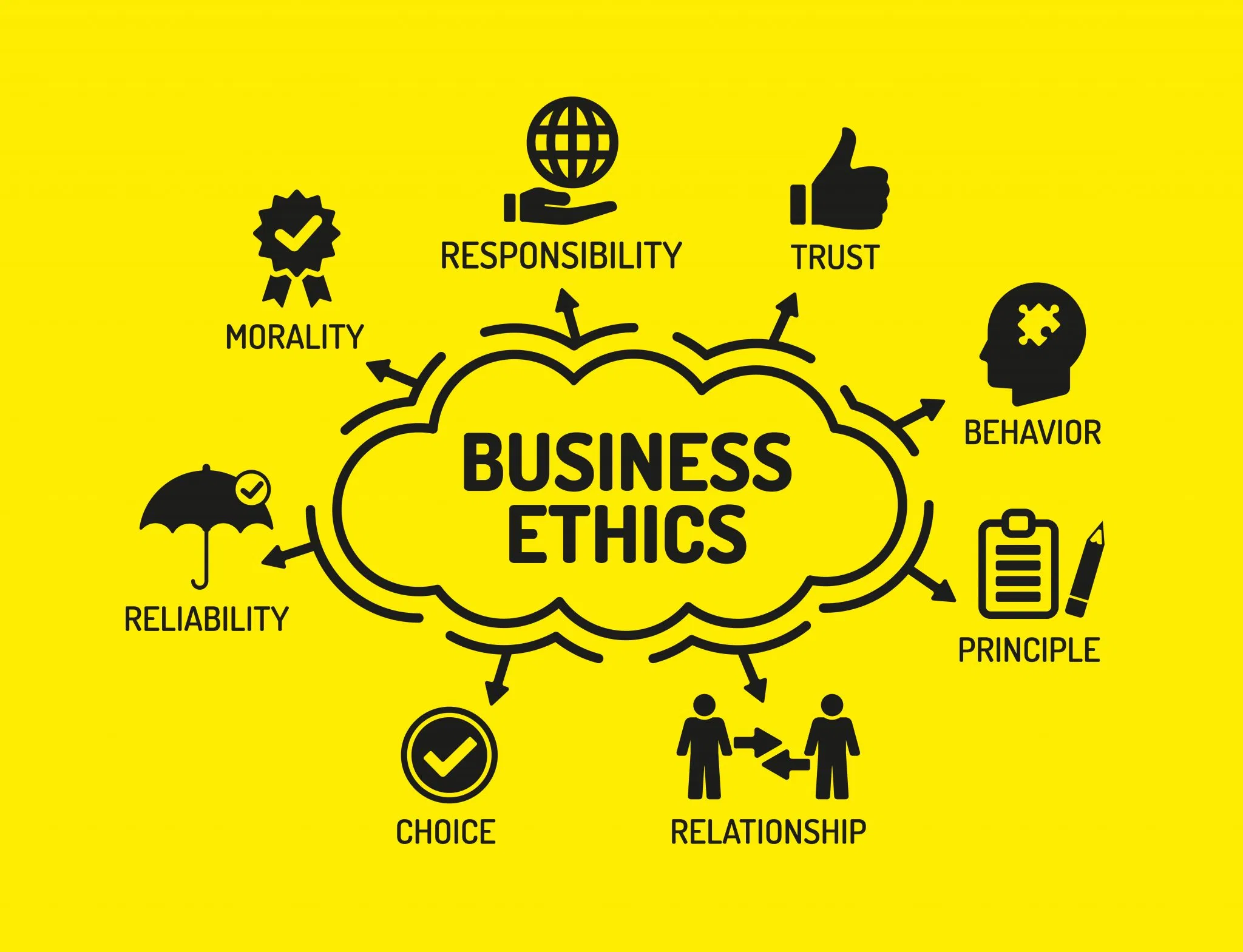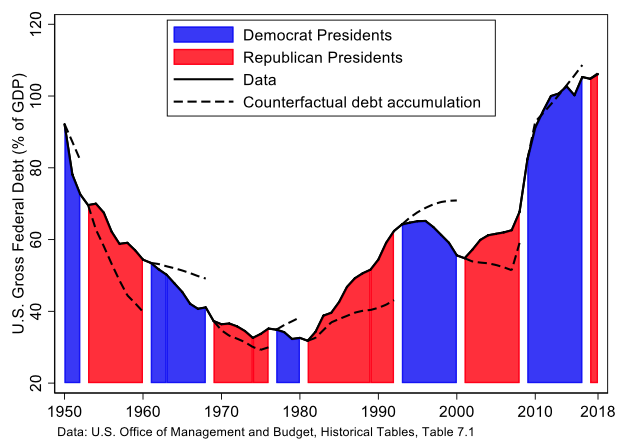
Personal Preferences: Why You Like What You Like
When it comes to personal preferences, we often think of them as unique expressions of our identity. However, research into the influence of preferences uncovers fascinating insights about how our choices are shaped not only by our tastes but also by social norms and experiences. Behavioral science suggests that our likes and dislikes are molded by the environments we interact with, and the cultural references we absorb over time. For instance, the music that resonates with us during our formative years profoundly affects our lifelong preferences, while consumer products often become preferences based on necessity and familial traditions. Understanding the dynamics between social influences on choices and individual tastes can help us navigate our own preferences more effectively, especially in a world saturated with marketing tailored to exploit these inclinations.
Exploring individual inclinations reveals a complex tapestry of influences that govern what we enjoy and how we make selections in life. Often termed as tastes or choices, these proclivities emerge from myriad factors including exposure to social environments, economic conditions, and personal experiences. The formation of likes can also be shaped by communal standards, suggesting that our selections are not solely individualistic but deeply interconnected. Such perspectives allow us to observe how personal inclinations interplay with broader societal trends, shedding light on the role of external influences in developing one’s preferences and enhancing consumer behavior understanding.
The Development of Personal Preferences
Understanding how personal preferences are developed gives us insight into the seemingly chaotic choices we make throughout our lives. Behavioral science suggests that preferences are not innate; they are significantly influenced by social norms and family backgrounds. For instance, many individuals often find themselves gravitating toward musical genres, brands, or even types of food that their families enjoyed. This phenomenon highlights the fundamental premise that our preferences are closely tied to the environments in which we are raised and the experiences we encounter, indicating a shared cultural influence on individual tastes.
Moreover, preferences are not static; they evolve based on ongoing experiences and social interactions. During formative years, particularly between ages 16 and 20, individuals develop tastes that are often considered their ‘first loves.’ When it comes to choosing products, like cars or electronics, preferences mature as one learns more about their needs. This evolution of preferences can also be mirrored in the purchasing decisions we make, where personal experiences and external influences intertwine to create a unique preference profile.
Frequently Asked Questions
How do social influences impact personal preferences in product choices?
Social influences play a significant role in shaping our personal preferences and product choices. Our interactions with friends, family, and peers can directly affect which brands or products we gravitate toward. For instance, people often prefer products that are popular within their social circles, as these preferences can affirm one’s identity and social belonging. Behavioral science suggests that our exposure to certain brands through social interactions can reinforce our choices, revealing that preferences are not just personal but are also cultivated through community norms.
What is the relationship between developing personal tastes and childhood influences?
Developing personal tastes often begins in childhood, heavily influenced by our parents and their preferences. For example, the types of food, music, or cultural products we are exposed to early in life can lay the foundation for what we later identify as our ‘favorite’ items. Behavioral science underscores that these early experiences shape our preferences significantly, as many people will favor the products their parents used or enjoyed due to these formative influences.
Can personal preferences evolve over time due to social norms?
Yes, personal preferences can evolve over time as we navigate different social norms and environments. For instance, a person may develop a taste for certain types of cuisine or fashion based on what is prevalent in their social circles or geographic location. As social influences change, so too can our preferences, reflecting broader cultural trends and shifts in community values. This adaptability showcases the dynamic nature of personal preferences.
What role does behavioral science play in understanding our preferences?
Behavioral science provides insights into the mechanisms behind our preferences, illustrating how cognitive biases and social influences shape our decision-making processes. For example, people often justify their product choices by rationalizing them after the fact, creating a sense of ownership and identity. By analyzing these behaviors, scientists can identify patterns in how people develop preferences, often revealing the subconscious drivers that lead to specific choices.
How do environmental factors contribute to the formation of personal preferences?
Environmental factors play a crucial role in forming personal preferences. For instance, the availability of products within a particular region can directly influence which items we choose. Additionally, exposure to cultural trends, community styles, and even marketing strategies can shape our tastes and preferences. This shows that while individuals may express unique preferences, these are often filtered through the lens of their immediate environment, showcasing the interconnectedness of choice and surroundings.
How can switching costs affect changes in personal preferences?
Switching costs refer to the perceived barriers or difficulties associated with changing a preference, particularly regarding brand loyalty. For example, it’s often easier to switch from one shirt brand to another due to low switching costs, while transitioning from a Windows PC to a Mac may involve significant learning hurdles. High switching costs can lead individuals to remain loyal to certain brands or products, even if alternatives are available.
In what ways does marketing influence our personal preferences?
Marketing plays a pivotal role in shaping personal preferences by targeting individuals based on their perceived identities and interests. With advancements in AI and data analytics, brands can tailor their messages to resonate deeply with consumers, often influencing their shopping behavior. As individuals consume marketing content through social media and other channels, they may develop preferences for products that align with their self-image, demonstrating how choices can be subtly guided by effective marketing strategies.
| Key Point | Explanation |
|---|---|
| Influence of Social Norms | Personal preferences are shaped by social norms and the influence of family and friends. |
| Development of Preferences | Preferences vary across categories and develop at different life stages, such as music preferences in teens. |
| Product Choices and Attitudes | Our product choices sometimes shape our attitudes, rather than the other way around. |
| Role of AI in Marketing | AI helps marketers create personalized ads based on inferred preferences and associations. |
| Switching Costs | The cost of switching from one product or brand to another affects consumer loyalty and preferences. |
| Cultural Influences on Style | Regional influences affect fashion choices, indicating a blend of personal identity and social grouping. |
Summary
Personal preferences are influenced by a myriad of factors including social norms, marketing strategies, and personal experiences. Understanding these influences can help us better navigate our likes and dislikes in an increasingly personalized world. From the music we cherish to the brands we choose, recognizing that our decisions are often shaped by external factors can empower us to make more conscious choices.


